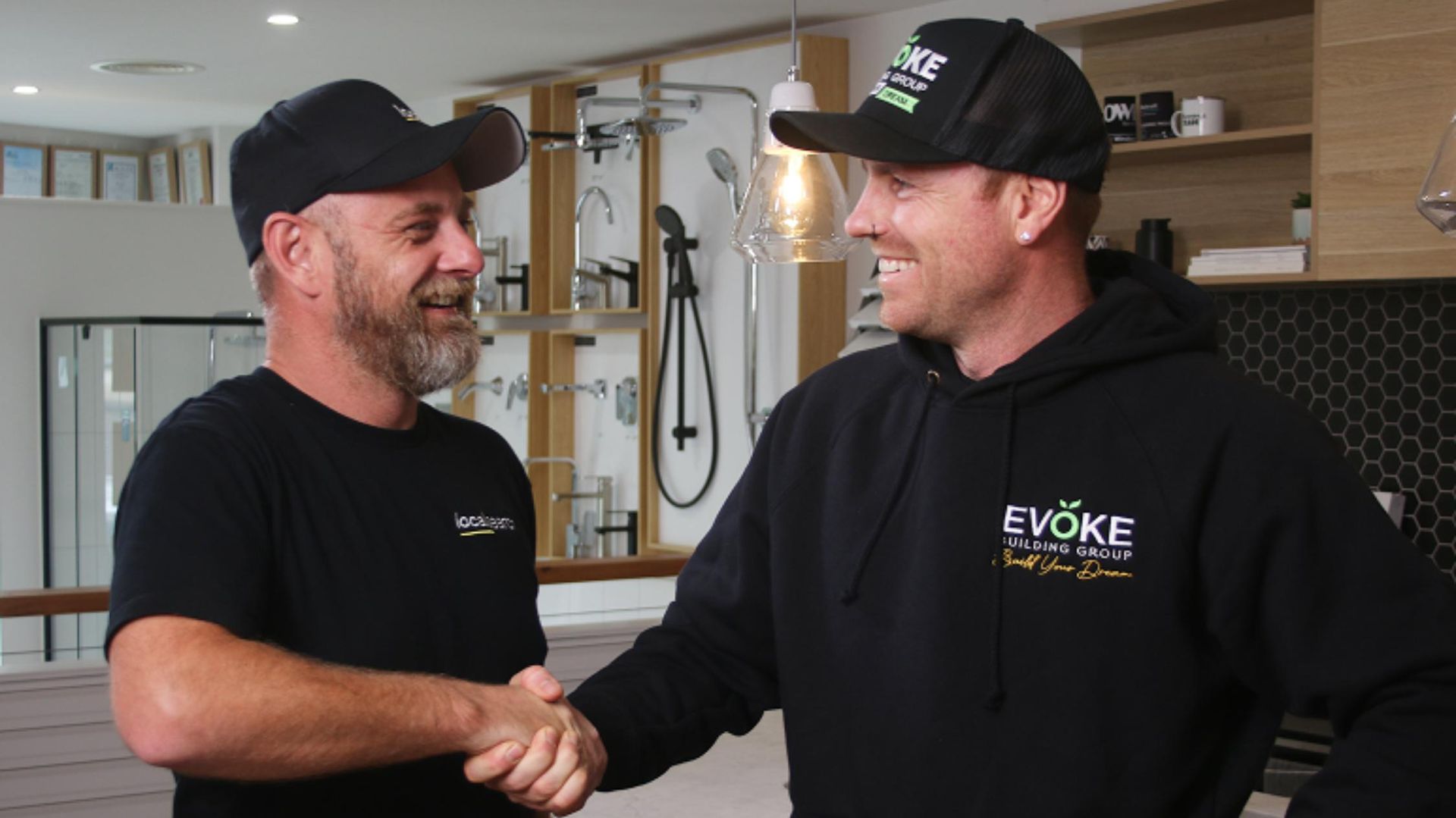Navigating HR Basics with an HR Expert
In this article
Related Articles
Tips to grow your business
from the experts
HR is an important aspect of any small business through its active engagement in attracting, developing, and retaining talented employees, ultimately driving growth and ensuring the success of the organisation.
Wesley Graham, HR Manager at Localsearch, is here to help you understand all the HR basics you need to know, from how to hire top talent to creating a great culture, we’ve covered it all!
What is HR and Why Should Small Businesses Have an In-Depth Understanding?
The Human Resource (HR) department is often regarded as the fun police, but Wes prefers the term custodians of culture.
Small businesses should strive to have an in-depth understanding of HR due to its crucial role in the employee life cycle. This cycle encompasses attracting and recruiting talent, onboarding new hires, developing existing employees, and facilitating smooth exits when necessary.
The HR landscape operates within a highly regulated environment that requires staying updated on legislation and wage increases, making compliance a primary HR concern.
Alongside compliance, Localsearch emphasises five key pillars, including talent acquisition, talent development, employee experience, safety, and wellness.
While having a dedicated HR specialist is beneficial, HR is a responsibility shared by everyone. Instead of functioning reactively, the best HR professionals act as strategic partners in business growth.
“HR doesn’t just fight fires but fuels the growth of employees.”
Wesley Graham
Top 5 HR Tips for any Small Business
1. Ensure you are meeting legal obligations in HR.
Australian Small Business Ombudsman
Small businesses are not immune to the consequences of fair work regulations or potential employee disputes that may escalate to fair work. Wes provides the following recommendations:
- Strategic Alliances with subject matter experts like the Australian Human Resource Institute. While membership fees are involved, the benefits are very significant.
- HR software to automate and streamline basic HR processes.
- The Fair Work Ombudsman provides free access to tools and resources aimed at better understanding workplace rights and obligations.
2. Effectively advertise position openings.
For small businesses on a budget, the best place to advertise position openings is often through job listing sites like Seek and Indeed. However, in a candidate-tight market, it can still be challenging to source suitable candidates solely through these sites.
Localsearch, for example, implements an employee referral program to source candidates through word-of-mouth recruiting. Employees are incentivised with monetary rewards for referring someone who gets hired.
Other strategies include partnering with TAFE, trade schools, and apprenticeships to tap into potential talent pools. Additionally, building a network through talent pooling can be effective.
For instance, Wes has a neighbour who is a painter. When he encounters other tradies on jobs, he assesses their skills, ability, aspiration, and attitude. If they meet his criteria, he collects their contact details and maintains a pool of talented individuals, eliminating the need to advertise.
Australian Small Business Ombudsman
Creating an attractive employee value proposition (EVP) is key to attracting top talent and retaining them in the long run.
3. Show recognition to employees.
Given the current economy and the scarcity of candidates, it is crucial to prioritise doing right by your employees, as it holds greater importance now than ever before.
“Workers who have a positive employee experience are 16 times more engaged compared to those with a negative experience. Furthermore, they are eight times more likely to want to stay with the business.”
McKinsey
The biggest advantage lies in treating employees as individuals and establishing a genuine connection with them. Simple gestures such as thanking people or employee of the month initiatives can go a long way.
4. Create a strong company culture.
When job seekers inquire about a company, one of their most common questions is, “What’s it like to work there?” Culture goes beyond a mission statement or Friday afternoon drinks with your team.
A positive culture is built on meaningful work, core values, open communication, and trust. It is the foundation that attracts and retains talented employees while reducing reasons for them to seek opportunities elsewhere.
Beyond Blue offers a free service called New Access, specifically designed to support small business owners. This innovative initiative grants client’s direct access to highly skilled mental health coaches, ensuring that small business owners can readily access the support they need to manage stress and enable a healthy workplace culture.
Wes has experienced the importance of communication in a business firsthand, having been on both ends of engagement surveys. People always want to know what’s happening within a company, as uncertainty can be unsettling and lead to dissatisfaction.
“It is crucial to keep employees informed by making information public, seeking their opinions and input on various matters, and sharing plans as much as possible.”
Wesley Graham
Creating a public channel for communication, such as using platforms like Microsoft Teams, can be an effective way to streamline communication within the organisation.
5. Ask employee development questions in an interview.
An article from the Australian Human Resource Institute emphasises the importance of avoiding cliché questions, such as “Tell us about your strengths and weaknesses.” Candidates anticipate these questions and often rehearse responses, making them less informative.
Instead, the article suggests asking questions that centre around employee development, an aspect that Wes finds crucial. For example:
- “What’s the toughest feedback you’ve ever received?” This question aims to estimate the candidate’s emotional intelligence and vulnerability, as well as their ability to discuss areas for growth.
- “What’s the biggest win you’ve had in your career?” While commonly asked in sales companies, this question showcases passion in action and conveys that the business values and celebrates achievements.
- “What do you want to learn here?” 40% of workers leave their job due to a lack of career advancement opportunities (Mckinsey). This question helps assess whether the candidate possesses a growth mindset and whether the business can provide the necessary support for their development.
For more information listen to the full podcast!

















